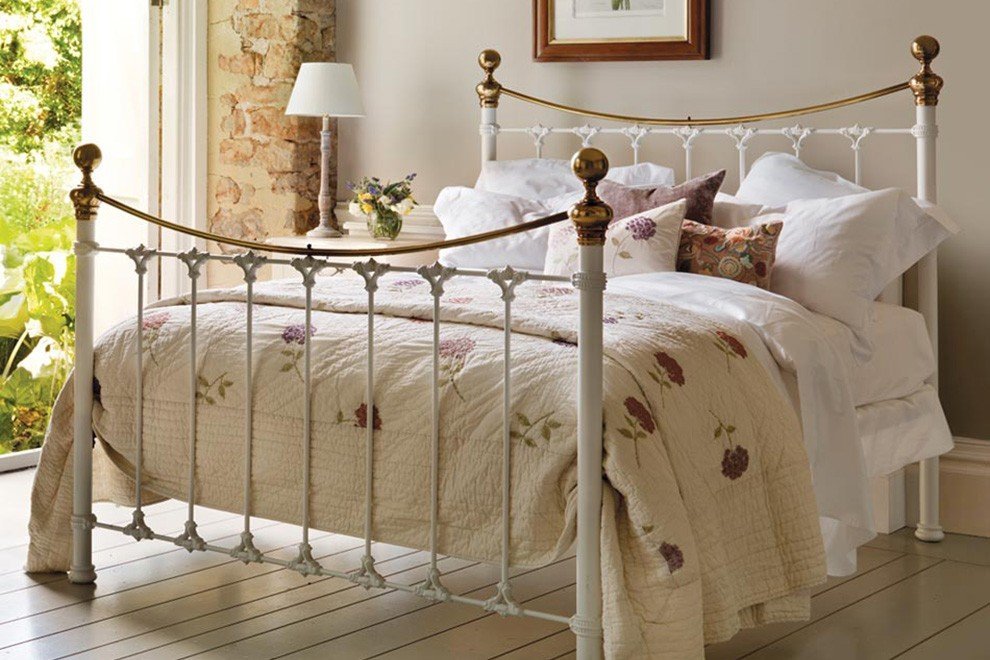Relaxing Sleep - Our Guide - And So To Bed
Relax yourself to sleep
We know how important it is to get enough good quality sleep each night. Sleep is so much easier when you are relaxed. When you are stressed or anxious you may find that your brain is too busy worrying about things that you have not done, or thinking about things that did not go well in the past, making it hard to sleep. Also, when you are anxious or stressed, your body becomes alert and aroused, also making sleep much harder.
When you are anxious or stressed over a long period your body produces more cortisol, which is our “stress hormone”. Increased cortisol makes us feel extra alert and ready to face any threats. In addition, when you are in an immediate threat situation, your body will produce adrenaline to increase your heart rate and elevate your blood pressure. Increases in these threat and stress hormones disrupt sleep.
Here is an example to help explain how this works: If you imagine that you are lying in bed about to drift off to sleep, and a grizzly bear suddenly comes into your room… no matter how sleepy you felt, you would suddenly be wide awake! Your body would be in fight or flight mode and make sure that you had energy and stamina to run away from the bear. It would be impossible to sleep in this situation - you could not fall asleep with a grizzly bear in your bedroom.

When we are stressed or anxious about things in our life, such as we may be worried about our children, our ageing parents, have job stress or relationship troubles, our bodies and brains can perceive that as a threat (like the grizzly bear), and produce too much cortisol and adrenaline which naturally impair sleep. Sleep becomes lighter and more fragmented when you have increased levels of cortisol. Also, when we do not get enough sleep, our bodies also produce too much cortisol, making the whole problem go round and round!
What can you do to relax?
There are many things you can do to help you relax and reduce your levels of stress and anxiety.
Take some time and effort to prioritise your bedroom itself. Make your bedroom a place you really want to be, with luxurious fabrics and comfy pillows and duvets. Choose natural materials where possible and calm colours - blue is a particularly good colour for a bedroom. Also, make sure that your mattress is really supportive and comfortable so that you feel really relaxed in bed itself. And So To Bed have a range of different styles of luxury bed to choose from to suit any taste.
If your bedroom is calm and decluttered, then you will feel calmer at bedtime. Do not have piles of paperwork, or dirty laundry in your bedroom as that will only make you think about everything you have not done - increasing stress.

Scents are also a good way to help us relax. Lavender is a well known relaxing fragrance. You could use a lavender pillow spray, or a diffuser in the bedroom with some lavender essential oils to fill the air with the relaxing smell of lavender. In addition to lavender, there are also other relaxing fragrances such as jasmine, bergamot, valerian and vanilla. This is not a complete list though, as any fragrance you love and makes you feel happy will help you to relax. You could put some of your favourite fragrances in an oil burner and enjoy while you have a long warm bath, or pop a few drops on a tissue under your pillow just before bed.
Relaxation techniques can also help you to sleep better. Slow, deep breathing can be done during the daytime when you are feeling anxious, or at bedtime to help promote sleep. There is a deep breathing technique recommended by the NHS where you breathe slowly in through your nose, and try to fill air deep into your lungs (into your belly), and then breathe out slowly through your mouth. The NHS recommend that you breathe in for a count of 5 and then out for a count of 5, and to continue this for 3-5 minutes.
Another breathing technique I find very useful is the 4-7-8 technique. This technique asks you to breathe in deeply for a count of 4 through your nose, getting the breath all the way down deep into your lungs - this may seem odd to start with as many people breathe much more shallowly in the top of their lungs. Then hold the breath deep in your lungs for a count of 7, and then breathe out for a cut of 8. When you breathe out, purse your lips like you are blowing up a balloon and forcibly blow the air out with a whooshing sound. Do this around 5 times to relax your body and mind.
These two techniques are great to calm your stress levels and help make sleep easier.

You can help yourself to be more relaxed at nightime by looking at what you are doing during the day. Exercise is a great way of de-stressing, so go for a run or a brisk walk during the day to help relax tension. Try not to exercise too close to bedtime though. Also, see if there is anything you can do about some of the things you are worried about… get your tax return in early, or call that friend you have been meaning to for ages, so that you feel you have accomplished something by the time you go to bed.
Lastly, make sure that you have a wind down time before you go to bed. If you are working right up until bedtime them you will still be thinking about work stress instead of relaxing off to sleep. Stop working an hour before bed, and read a book or have a warm bath to wind down before you go to bed.
Sleep well… zzzzzzz
Dr Lindsay Browning is a sleep expert at Trouble Sleeping, author of the self-help sleep book Navigating Sleeplessness and can be found on all social media @DrBrowningSleep. She is the resident sleep ambassador for And So To Bed.
-
Posted by Dr Lindsay Browning
28th February 2020


